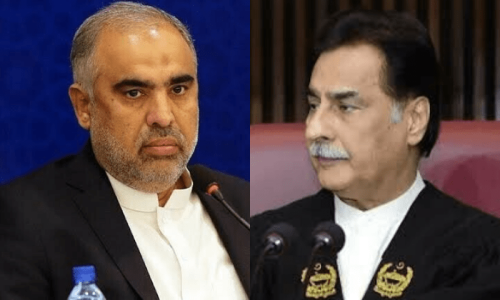New Delhi, Jan 15: British Foreign Secretary David Miliband’s quest for a political rather than military approach to weed out terrorism may have been welcomed in Indian administered Kashmir but the prescription was dismissed by India’s foreign ministry as intrusive.
“Mr Miliband is entitled to his views, which are clearly his own and are evolving,” India’s foreign ministry spokesman Vishnu Prakash said.
“India is a free country and even if we do not share his views he is free to express them. However, we do not need unsolicited advice on internal issues in India like Jammu and Kashmir.”
The Indian response came after Mr Miliband wrote in an opinion piece for the Guardian newspaper that “resolution of the dispute over Kashmir would help deny extremists one of their main calls to arms”.
In Mumbai on Thursday, Mr Miliband wound down a three-day visit to India and said the motivations and identities of militant groups ranging from the Taliban to the Lashkar-e-Taiba, blamed for the Mumbai attacks that killed 179 people, called for a different response.
“As you know and I know, terrorism was not invented or started on 9/11. But since then, the notion of a ‘war on terror’ has defined the terrain,” said Mr Miliband at the Taj Mahal hotel, the site of a 60-hour siege in November.
The British minister’s comments came a day after Jammu and Kashmir Chief Minister Omar Abdullah sought his help to reduce India-Pakistan tension.
Stressing on the point that good ties between India and Pakistan would have a great bearing on the people of the disputed state, Mr Abdullah asked Mr Miliband to help improve relations between the two neighbours that have suffered a setback due to the Mumbai terror attacks.
Noting that confidence-building measures (CBMs) including cross-LoC trade and people-to-people contact between the two countries had generated goodwill, Mr Omar said such measures should be carried forward in the interest of India and Pakistan. He talked to Mr Miliband through teleconference.
In Mumbai, Mr Miliband said democratic governments, wrestling with striking the right balance between protecting its citizens and preserving civil liberties, also must be alive to the impact of counter-terrorism strategies on minorities.
The best antidote to the terrorist threat in the long-term was cooperation, Mr Miliband said, adding that he would tell Pakistan’s government later this week on his visit to Islamabad it must take urgent action to break up militant networks on its soil. “But ultimately this is a journey only India and Pakistan can make,” he said. — Correspondent











































Dear visitor, the comments section is undergoing an overhaul and will return soon.